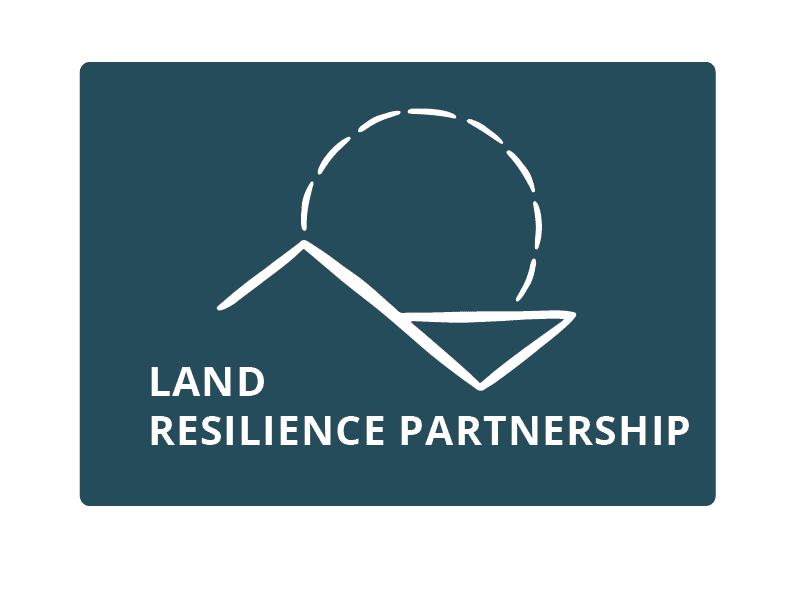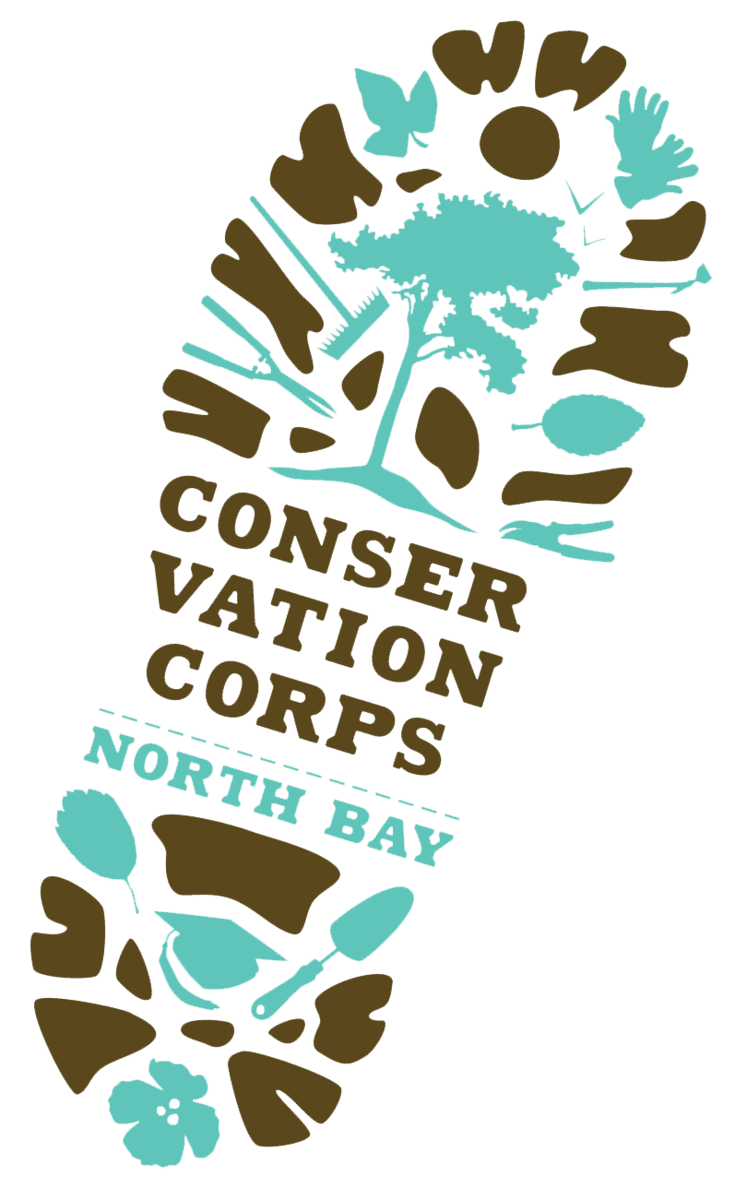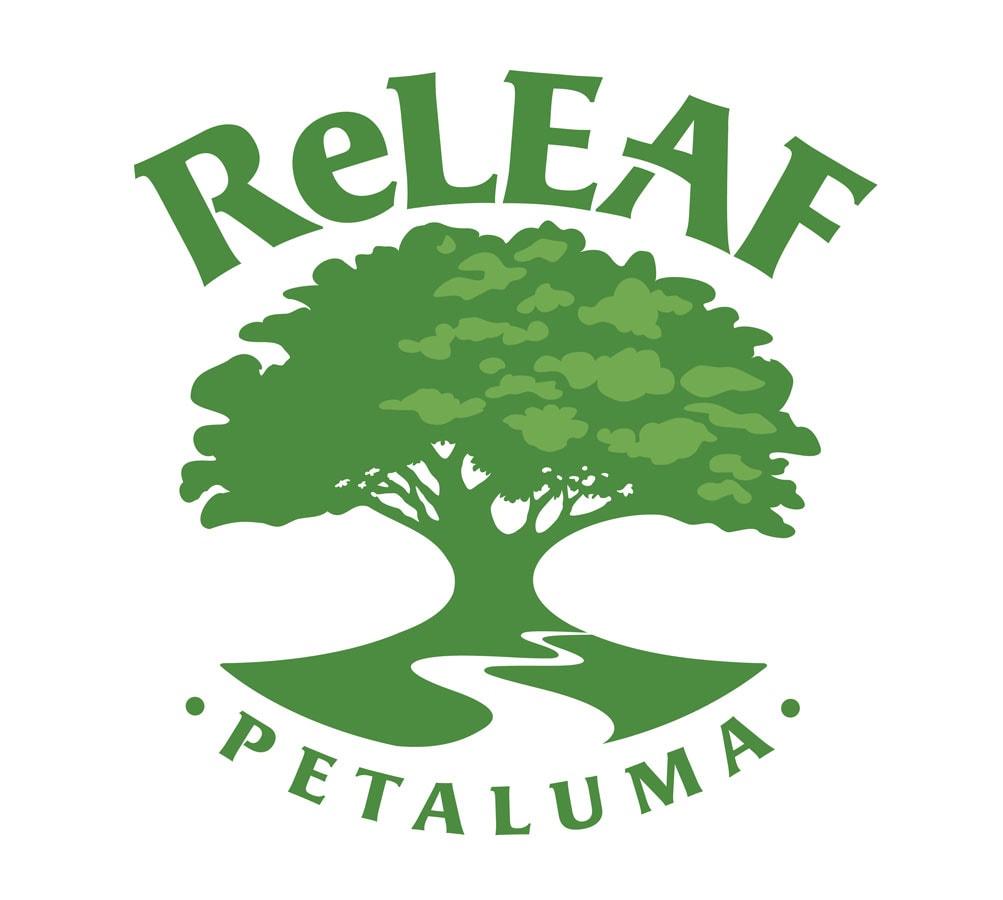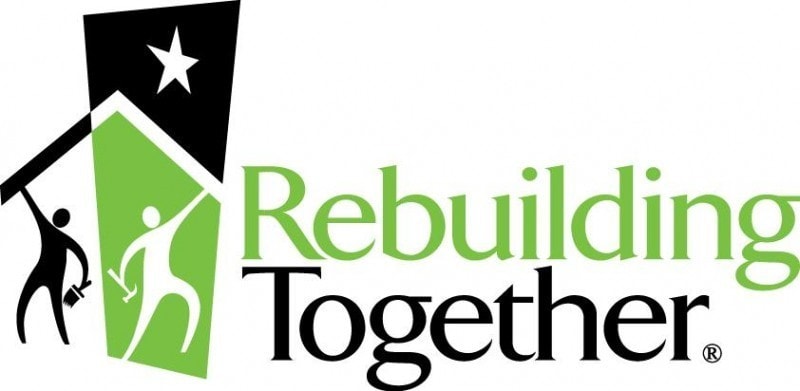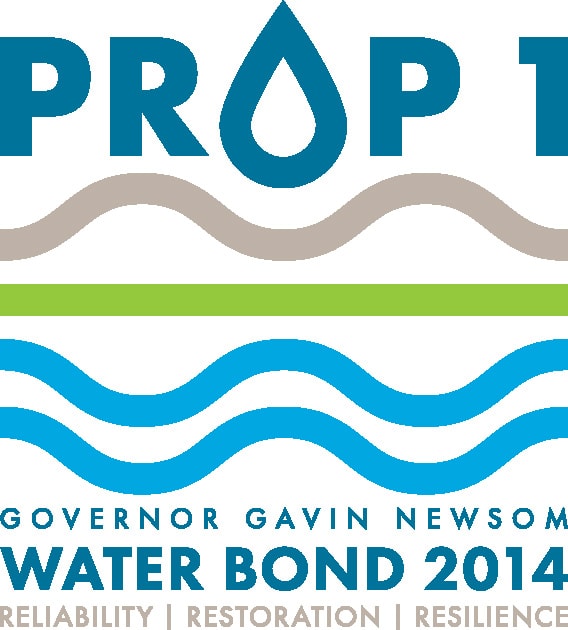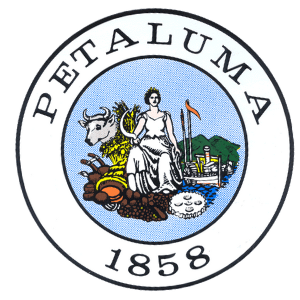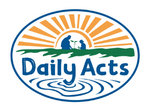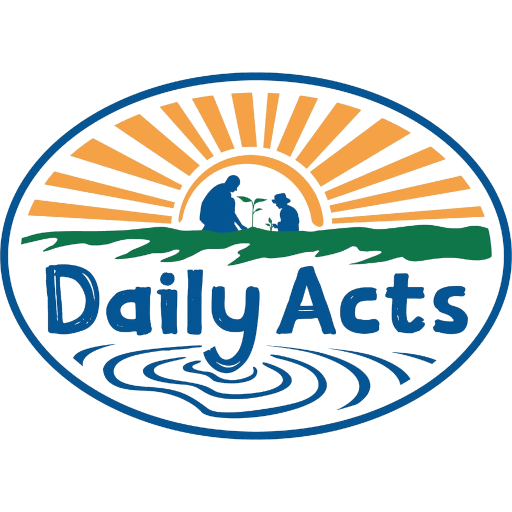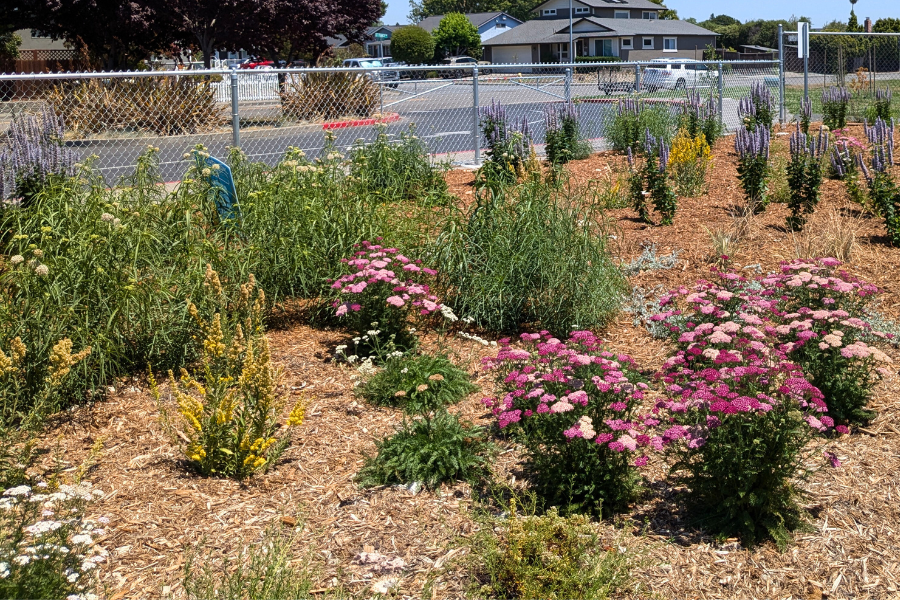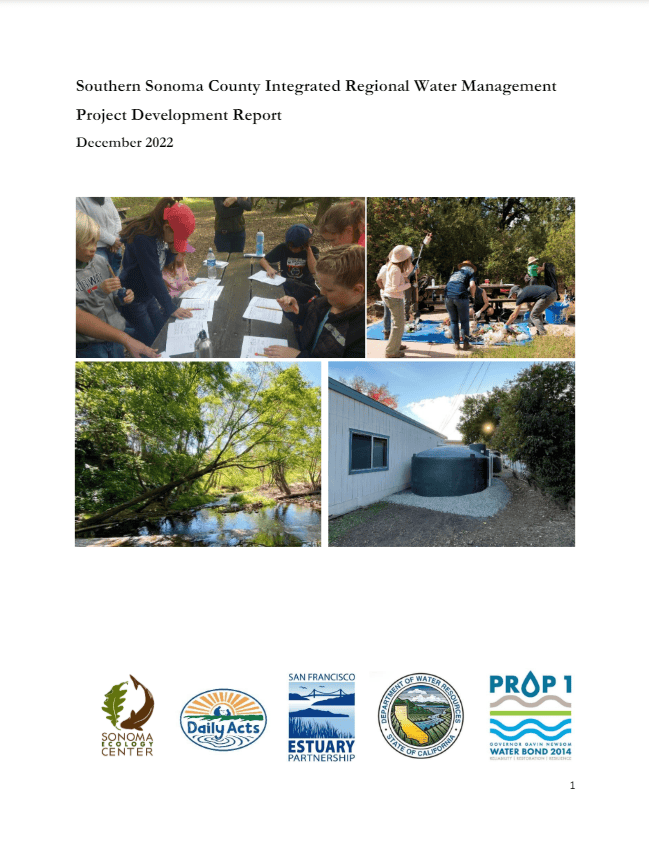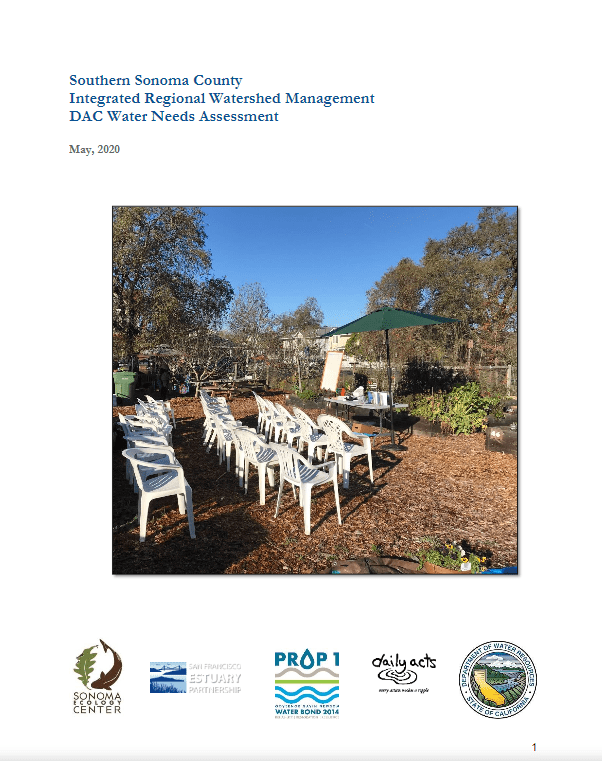About the Climate Resilient Schools Program
Daily Acts is excited to announce that we have received a grant from the California Department of Water Resources to further expand our Land Resilience Partnership Program by supporting water conservation projects at four local schools. As part of our Climate Resilient Schools Program, water conservation measures such as rain gardens, rainwater tanks, turf conversion and efficient irrigation will be installed at the schools, along with the planting of native trees to reduce heat from asphalt playgrounds.
The projects will directly benefit four schools and the communities around them in underserved neighborhoods of Petaluma. These gardens will also serve as a public education tool to model interventions that families can implement in their own homes with support from our Land Resilience Partnership Program.
PHASE 3: CLIMATE RESILIENT SCHOOLS PROJECT
This new grant funds the third phase of our work that began in 2017, when we received funding for a needs assessment for Petaluma and Sonoma Valley in partnership with the Sonoma Ecology Center to collect information about water related issues affecting disadvantaged communities (DACs). Our goal was to reach a representative group of our DAC to learn about the various issues or challenges community members experience related to water, and to begin to develop a strategy of how to address the issues identified. See the needs assessment results below!
One issue identified in the study was that some of Petaluma’s DAC’s live along the Highway 101 corridor and have historically faced flooding-related issues. Through the installation of rainwater capture and rain gardens as well as school lawn conversions, the Climate Resilient Schools project has potential to reduce some of the flooding that flows downstream into these impacted communities.
Our Partners

